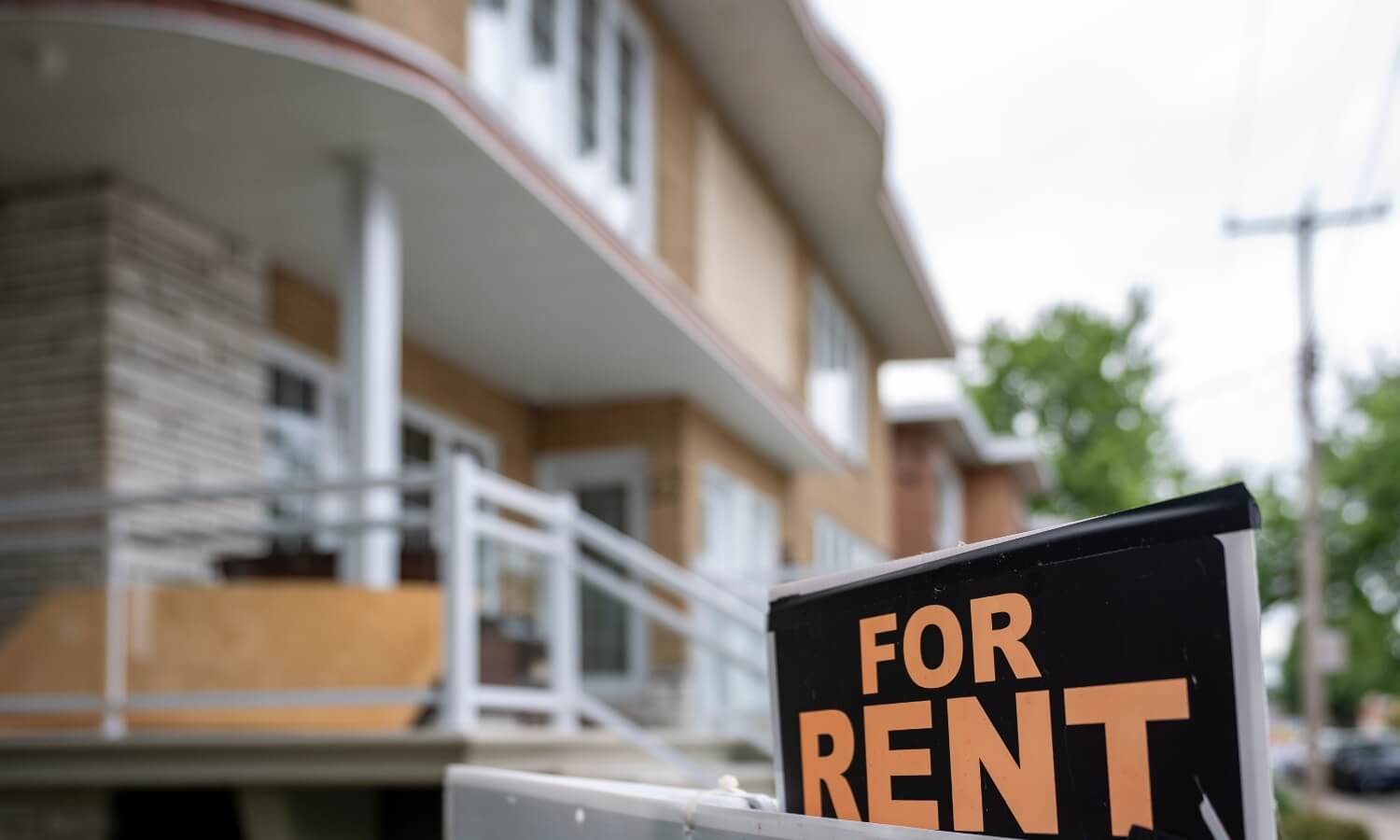Introduction to Rental Reporting
Rental reporting can be a game-changer for individuals looking to increase their credit scores. According to Viler Lika, founder and CEO of Singlekey, a rental service company, "Your rent is your biggest monthly obligation for debt payments, so it is unfair that it does not count on building your loan." This is where rental reporting comes in, allowing tenants to demonstrate their ability to make large payments and build their creditworthiness.
How Rental Reporting Works
Companies like Singlekey, Zenbase, Borrowell, and Front Lobby offer rental reporting services with varying fees and requirements. Singlekey, for example, works with landlords and real estate managers across Canada, processing over 15,000 rent applications per month. Landlords pay a fee of $30 for a tenant-screening report, while tenants pay $8 per month to report their rent payments on the Singlekey platform. This service provides a powerful tool for tenants to demonstrate their creditworthiness, especially when applying for loans or mortgages.
Benefits of Rental Reporting
Rental reporting can be particularly beneficial for long-standing tenants, new immigrants, or aspiring buyers with little to no credit history. According to Alex Leduc, CEO and Principal Broker of a Toronto-based mortgage brokerage company, "A loan score is a massive obstacle to receiving loans. If you try to get a mortgage, ultimately ask a lender to give you hundreds of thousands of dollars. You want to know that you have had success with loans beforehand." Rental reporting can help bridge this gap, providing a more comprehensive picture of an individual’s creditworthiness.
Risks Associated with Rental Reporting
While rental reporting can be beneficial, it’s not without risks. Leduc warns that if an individual stops reporting their rent payments, it could raise red flags for lenders, potentially leading to a decrease in creditworthiness. Additionally, if an individual reports their rent payments but continues to show poor repayment habits, it could negatively impact their credit score. Therefore, it’s essential to carefully consider the decision to enroll in a rental reporting program, especially if there’s a risk of missing payments or paying late.
Understanding Credit Ratings and Scores
Credit ratings and scores are often misunderstood, according to Stacy Yanchuk Oleky, CEO of Money Mentors. A credit rating is assigned to each loan product, based on a scale from one to nine, with one being the best. Missing payments can cause the rating to increase, while a rating of nine indicates debt collection or bankruptcy. This information contributes to an individual’s credit score, a three-digit number between 300 and 900, which predicts the likelihood of repaying debts. The higher the score, the more creditworthy an individual is.
Factors Affecting Credit Scores
Oleky notes that there are often misconceptions about what builds and harms creditworthiness. For example, having a high credit limit on a credit card, even if paid in full every month, can actually be disadvantageous. This is because the available credit is factored into the credit score calculation, potentially indicating that the individual could accumulate debt. Therefore, it’s essential to understand the factors that affect credit scores and make informed decisions when managing credit.
Conclusion
Rental reporting can be a valuable tool for individuals looking to increase their credit scores and demonstrate their creditworthiness. While it’s not without risks, the benefits can be significant, especially for those with limited credit history. By understanding how rental reporting works, the benefits and risks associated with it, and the factors that affect credit scores, individuals can make informed decisions about their credit management and work towards achieving their financial goals.


